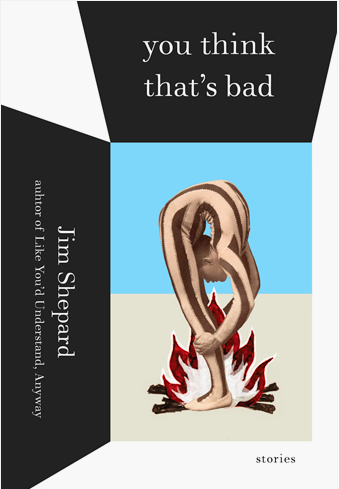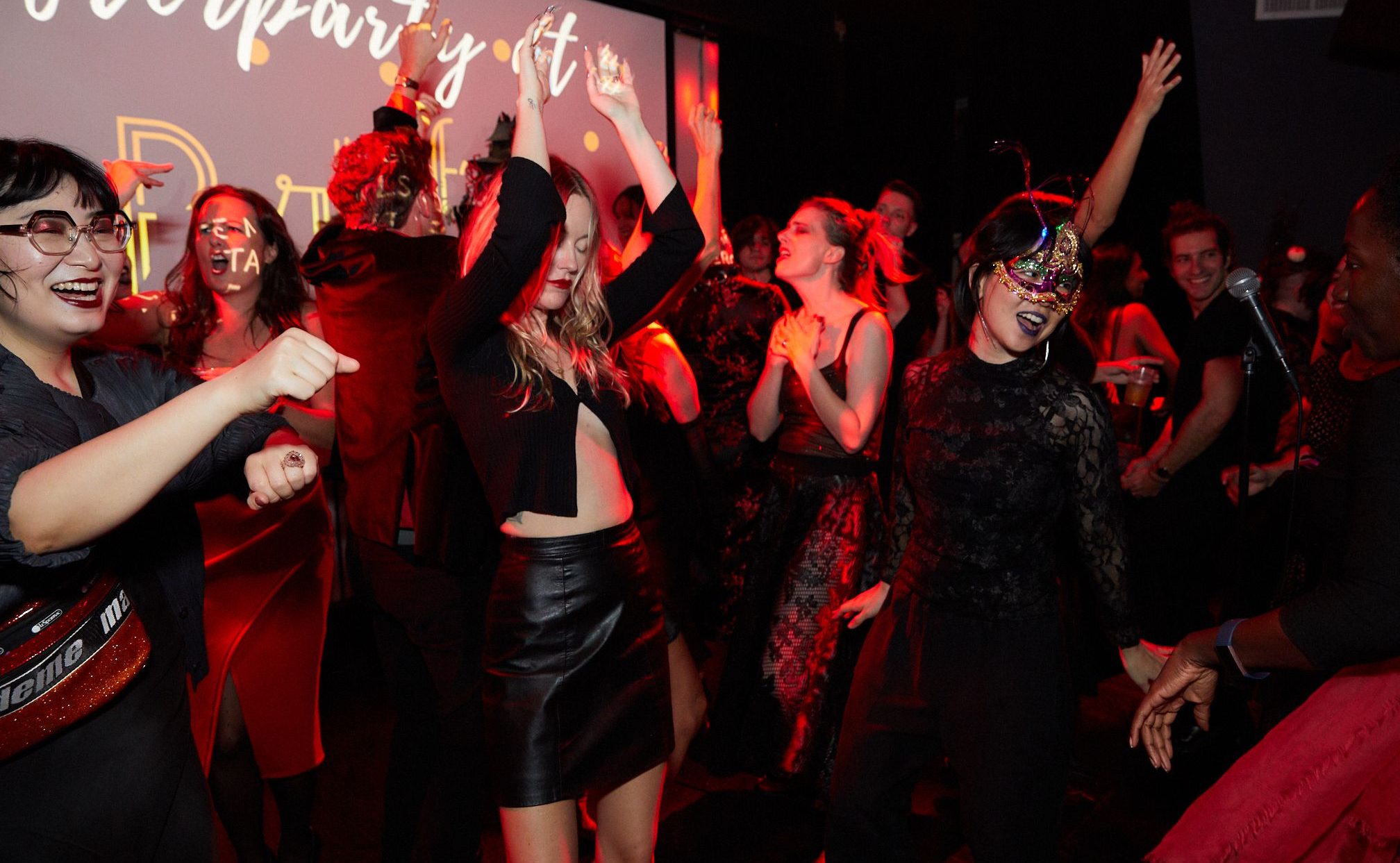news
Jim Shepard at Greenlight

Last Monday night I headed Greenlight Bookstore in Fort Greene, enticed by an email that promised an evening of free beer and Jim Shepard, a “writer’s writer,” if you believe what you read.
I was not the only one who got the memo. By 7:30, a crowd that ranged from grey-haired to questionably-of-age gripped bottles from Brooklyn Brewery, Goose Island and something suspiciously blackberry flavored, ready to hear Shepard read from his new collection of short stories, You Think That’s Bad.
Shepard, the author of six novels, four story collections and a full-time professor at Williams College, sports a glasses-mustache combo that bears a vague resemblance to a Groucho Marx disguise. He proved to be the sort of person who can work both “frisson” and “close third person” into conversation without making you want to rub your face against a splintered bench.
After some initial self-deprecatory remarks, Shepard began what he said would be “unsatisfying” reading from his new book, by which he meant he would read only the beginning paragraphs of three stories. They were:
“Poland is Watching” (insane Polish explorers brave perilous climb, sing rousting songs, meet unfortunate end)
“Track of the Assassins” (explorer Freya Stark mourns sister, visits Bagdad)
“Boys Town” (general fuckedupedness, U.S.A.)
After that tease, he opened the floor for questions. Some ringer in the back, who I think went by the name of Bill, asked, “Do you research your stories?”
“No,” Shepard deadpanned.
Shepard has carved out a niche for himself in what reviewer Thomas Mallon described in this weekend’s New York Times review as the “small tricky subgenere” of the “historical short story.” Figures famliar and obscure wander throughout the new collection — French knight and child serial killer Gilles de Rais, Eiji Tsuburaya, the special-effects creator of “Godzilla” and said explorer Freya Stark — and stories are set in moments as disparate 15th century France and the Netherlands c. 2030.
The research is no joke (he apparently runs them by historians make sure they pass a smell test) but Shepard can laugh at himself, in person, on the page. In “The Netherlands Lives with Water,” the fourth of eleven stories in the new collection, the narrator unleashes a flood of history about the country’s water that stretches back to Christmas night in 1717 when a dyke collapsed and killed fourteen thousand people.
“You like going on like this, don’t you?” his wife, Cato, asks.
“I like the way it focuses your attention,” he tells her.
An incorrigible geek, Shepard reads widely, and said his characters grow from the odd, human details that linger with him after he’s turned the page. He’s clearly irked by past comments that he pulls the obscure knowledge card just to show he can. And though readers might occasionally sympathize with Cato, the detail, historical and fictional, does focus our attention.
These moments of the reading Monday night stuck in my mind: the toothbrush Freya Stark took on her first voyage, out of the gated garden, at the age of four; the sensation of freezing batteries against the testicles of Polish climbers; the language of familial symbiosis, captured in the pre-dinner conversation between a mother and her 39-year-old live-in son at the beginning of “Boys Town”:
“So what’s the deal with dinner,” sometimes I’d say. “You have a busy day?”
“Go to Pizza Hunt,” she’d tell me.
“That’s Hut, you fucking idiot,” I’d tell her back. And then she’d say something else wrong next time, just to frost my ass.
Ice. Avalanche. Infanticide. Shepard takes his reader on far-flung expeditions littered with experience familiar from life’s travels: Soul-crushing betrayals. Disastrous revelation. Death. Shame. Love.
The recent Times review observed that Shepard tends to publish collections under titles that “sound like shrugs.” (“Like You’d Understand Anyway” came out in 2007.) But include the now-out-of-print anthology “You’ve Got to Read This,” and they sound to me more like the lines we use when we talk about stories. That one you read and tell your friend about. The one whose resonance no one else seems to hear. “You think that’s bad,” the setup for a tale that blows last one right out of the water.
So maybe Shepard is a writer’s writer. Or a storyteller’s storyteller.
When it was my turn to get my book signed, I asked Shepard, who sat beside his daughter, to write down a couple of stories I’ve got to read.
“Do you like Robert Stone?”
I said I did.
“Helping?” (Huh?) “The story, Helping.”
I told him I had never heard of it.
Shepard’s eyes lit up. He reached out and patted my cheek.
“Have I got a treat for you!”
–Lisa Riordan Seville is a writer and reporter in Brooklyn.









